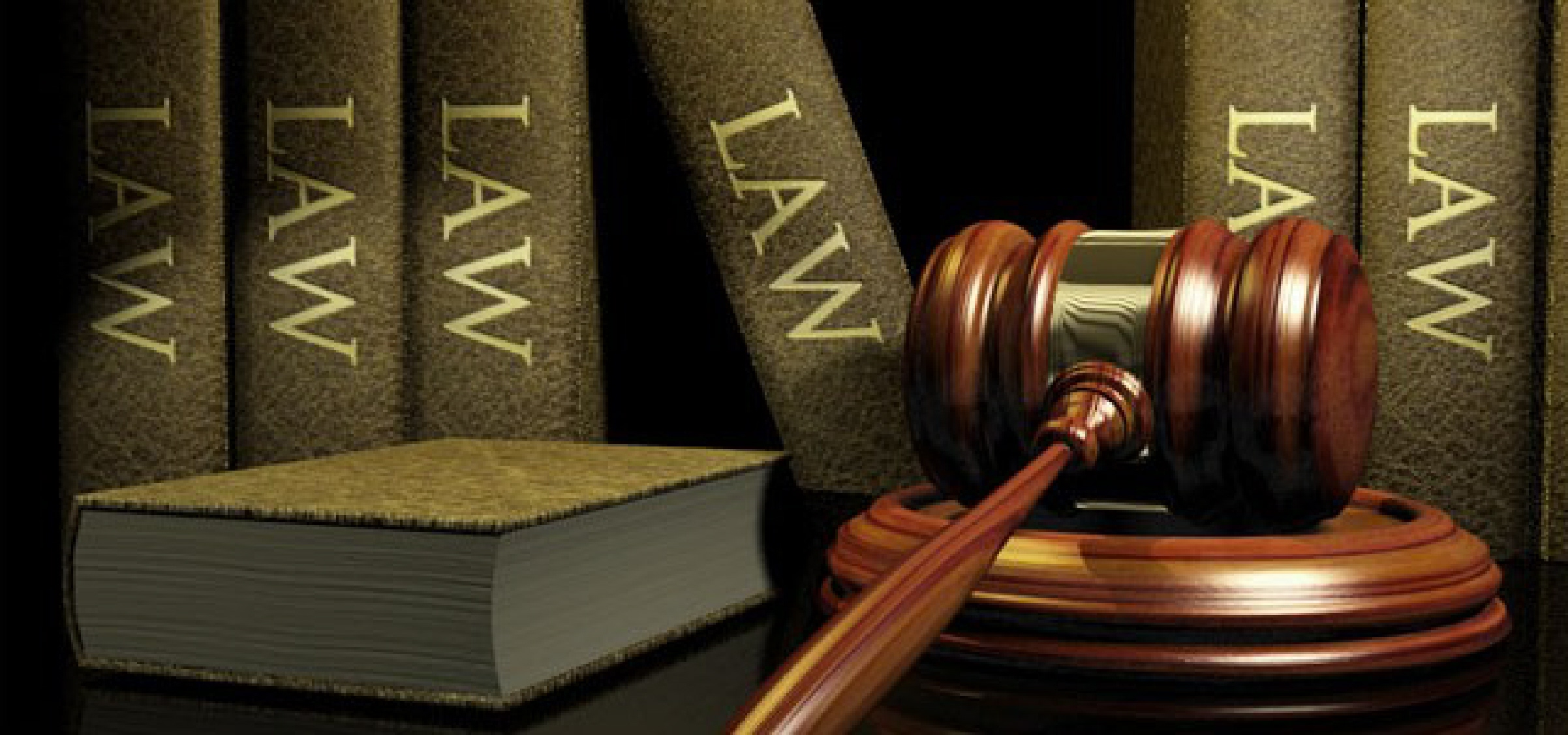When facing federal criminal charges, the stakes are incredibly high. Your freedom, reputation, and future are all on the line. That’s why building a strong defense with the help of federal criminal lawyers is crucial. These specialized attorneys have the expertise and experience necessary to navigate the complexities of federal law and provide you with the best possible defense.
Understanding Federal Criminal Charges
Definition and Scope
Federal criminal charges are offenses that violate United States federal laws. Unlike state crimes, which are prosecuted under state law, federal crimes are prosecuted by the federal government. These charges can range from white-collar crimes like fraud and embezzlement to more serious offenses like drug trafficking and terrorism.
Common Types of Federal Crimes
Common federal crimes include:
Fraud: Such as wire fraud, mail fraud, and healthcare fraud.
Drug Offenses: Including trafficking and distribution of controlled substances.
White-Collar Crimes: Such as embezzlement, insider trading, and money laundering.
Cybercrimes: Including hacking, identity theft, and online fraud.
Violent Crimes: Such as terrorism, kidnapping, and certain types of homicide.
Why You Need a Federal Criminal Lawyer
Complexity of Federal Laws
Federal laws are often more complex and carry harsher penalties than state laws. The legal procedures, rules of evidence, and sentencing guidelines can be incredibly intricate, requiring specialized knowledge that only a federal criminal lawyer can provide.
Specialized Expertise
Top Federal criminal lawyers are well-versed in the federal legal system. They understand the nuances of federal court procedures and have the necessary experience to develop sophisticated defense strategies tailored to federal cases.
Choosing the Right Federal Criminal Lawyer
Qualifications to Look For
When choosing a federal criminal lawyer, look for the following qualifications:
Experience: Look for a lawyer with a proven track record in federal cases.
Reputation: Check reviews and testimonials from past clients.
Specialization: Ensure the lawyer specializes in federal criminal defense.
Questions to Ask During Consultation
During your initial consultation, consider asking:
How many federal cases have you handled?
What is your success rate with cases similar to mine?
How do you approach building a defense strategy?
What are your fees and payment structure?
What to Expect
Your first meeting with a federal criminal lawyer is crucial. Expect to discuss the details of your case, including any charges filed against you, the evidence presented, and your personal account of events.
Preparing for Your First Meeting
Come prepared with:
All relevant documents and correspondence.
A list of potential witnesses.
Questions about your case and the legal process.
Building a Strong Defense Strategy
A thorough analysis of your case is the first step in building a strong defense. This involves:
Reviewing all evidence and charges.
Investigating the facts of the case.
Identifying any weaknesses in the prosecution’s case.
Pre-trial motions can significantly impact the outcome of your case. These motions can challenge the legality of evidence, request case dismissals, and set the groundwork for trial.
Types of Motions That Can Be Filed
Motion to Dismiss: Argues that the charges should be dropped due to insufficient evidence.
Motion to Suppress: Seeks to exclude certain evidence from being presented at trial.
Motion for Change of Venue: Requests a trial location change to ensure a fair trial.
Role of the Lawyer in Plea Negotiations
Your lawyer will negotiate with the prosecutor to:
Obtain the best possible terms.
Ensure you fully understand the implications of the plea deal.
Advocate for your interests throughout the process.
Steps Involved in Preparing for Trial
Trial preparation involves:
Developing a comprehensive defense strategy.
Preparing opening and closing statements.
Reviewing and organizing evidence.
Importance of Witness Preparation
Identify key witnesses.
Prepare them for questioning.
Ensure their testimony supports your case.
Presenting Your Case Effectively
In the courtroom, effective presentation is key. Your lawyer will:
Present evidence logically and persuasively.
Highlight weaknesses in the prosecution’s case.
Maintain a compelling narrative throughout the trial.
Cross-Examination Techniques
Cross-examination is critical in undermining the prosecution’s case. Effective techniques include:
Challenging the credibility of witnesses.
Exposing inconsistencies in testimonies.
Presenting alternative interpretations of evidence.


